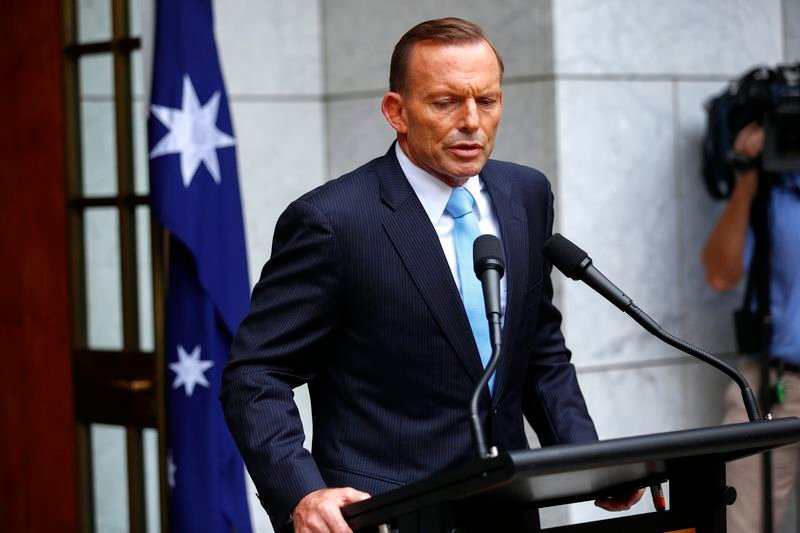By Brendan Pierson
(Reuters) -A lawyer for a Missouri mother on Wednesday asked a jury to make Abbott and Reckitt’s Mead Johnson pay a total of more than $6 billion in the latest trial over claims that the companies’ formulas for premature babies caused a severe intestinal illness.
Litigation over the formulas has raised alarm from doctors who say it could threaten the formulas’ availability or affect medical decisions.
Abbott CEO Robert Ford (NYSE:) has told investors that it may pull its premature infant formula from the market because of the litigation. Reckitt in July said it was “considering options” for Mead Johnson, and CEO Kris Licht did not rule out a sale.
“Companies have to clearly and unambiguously tell us the truth about their products, especially those intended for the smallest and most vulnerable human beings on the planet,” Tim Cronin, representing Elizabeth Whitfield and her son Kaine, told the jury in St. Louis, Missouri, in his closing argument at the end of a five-week trial.
Cronin said the companies failed to warn that their premature baby formulas could cause necrotizing enterocolitis, and that Kaine got the disease as a result of receiving the formula in the newborn intensive care unit at St. Louis Children’s Hospital in 2017, leaving him with lifelong health and developmental problems.
Cronin asked the jury to award Kaine nearly $277 million in compensatory damages for his past and future healthcare costs, lost earning potential and pain and suffering. He also urged them to order Abbott to pay $5 billion in punitive damages, and Mead Johnson to pay $1 billion, based on the companies’ sizes.
Both companies have said that, while mother’s and donated human milk is widely understood to protect against necrotizing enterocolitis, formula does not cause it.
Rebecca Fitzpatrick, a lawyer for Abbott, told jurors in her closing statement that formula could not have caused Kaine’s illness because it was used only to “top off” his mother’s milk. She said Kaine had numerous other risk factors, including anemia and infections treated with antibiotics, that greatly increased his chances of getting the disease.
“Kaine simply would have gotten (necrotizing enterocolitis) no matter what he was fed,” she said.
The verdict Whitfield is seeking would be one of the largest in U.S. history. Even if the jury awards it, however, it could be reduced on appeal for a number of reasons, including that the U.S. Supreme Court has ruled that punitive damages should generally be less than 10 times compensatory damages.
While the hospital was also a defendant in the case, Cronin did not ask the jurors to award any damages against it, though he said they were free to do so.
Reuters watched the closing argument through Courtroom View Network.
Whitfield’s case is one of close to 1,000 in courts around the United States alleging that Abbott’s and Mead’s specialized formulas used by hospitals to feed premature babies cause the illness. Two cases that previously went to trial resulted in verdicts of $60 million against Mead and $495 million against Abbott.
Following the earlier verdicts, U.S. regulatory agencies and a working group of scientists convened by the National Institutes of Health have said current evidence does not support the hypothesis that formula causes necrotizing enterocolitis. Abbott and Mead were not allowed to present those statements to the jury in the current trial.
Read the full article here

















